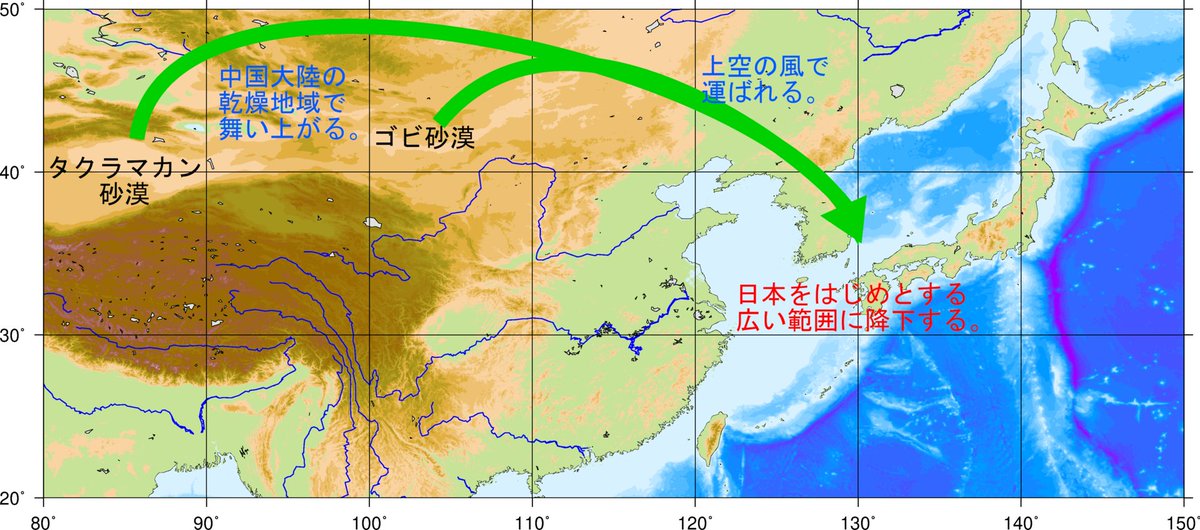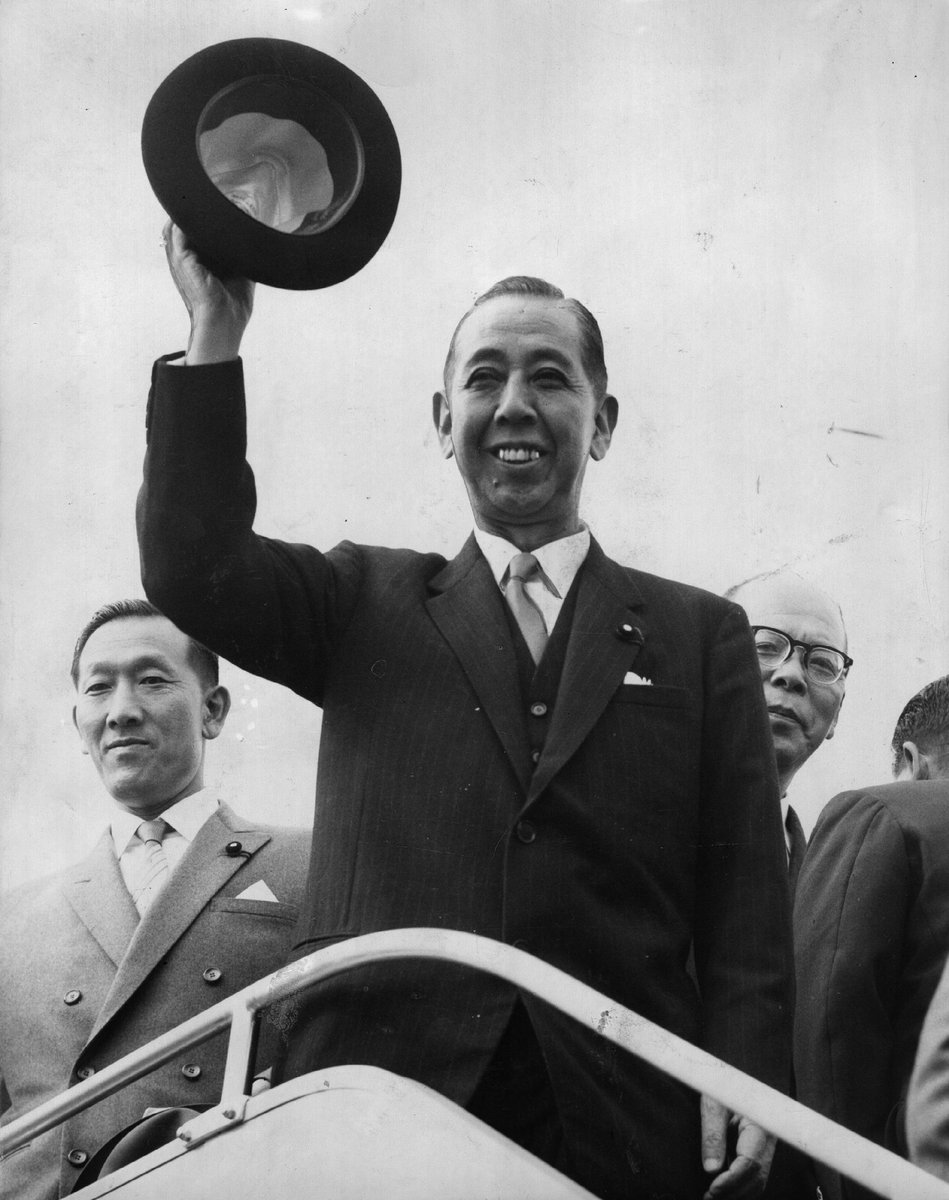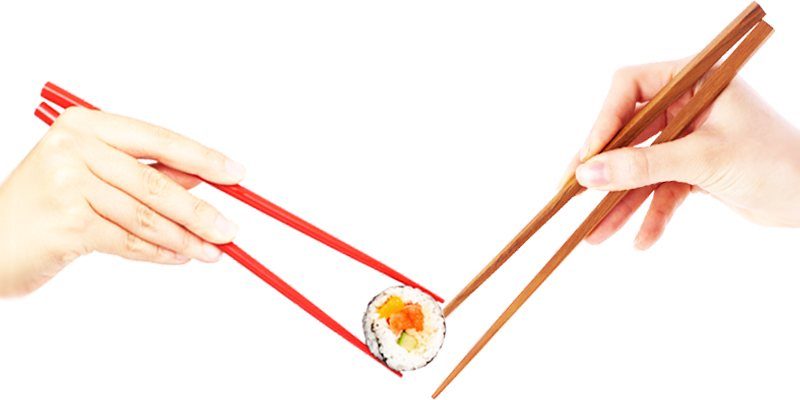
This. Very much this.
Professors aren't YouTubers, and university admins degrade their own product and set everyone up for failure by insisting that we make everything asynchronous and divide our "lectures" up into "digestible chunks"
A thread.
timeshighereducation.com/opinion/academ…
Professors aren't YouTubers, and university admins degrade their own product and set everyone up for failure by insisting that we make everything asynchronous and divide our "lectures" up into "digestible chunks"
A thread.
timeshighereducation.com/opinion/academ…
It's actually funny how admins assume any of us still give lectures anyway. The best teachers don't give one-way lectures and we never have. Being told to "just record our lectures and put them online" takes a dynamic two-way interaction and turns it into a static presentation.
Even my most traditional "lecture" classes are built around exchanging ideas and constant interaction. We have debates, run simulations, have breakout groups, and try to solve problems. I ask the students at least as many questions as they ask me.
Last spring when the pandemic hit and we had to go online, I made everything asynchronous since the university encouraged it, my students said they preferred it, and I knew a lot of people were going through hard times (and even losing their jobs) so I wanted to make things easy.
But at the end of the semester, my students said that even though they told me they thought asynchronous would be better, they actually hated it and wished we had stayed synchronous.
Many reported losing their motivation to keep up with class. Some people tried to binge-watch 10 or 12 lectures on the day before the final exam. I held live sessions every week but hardly anyone came. Most students never interacted with anyone again.
As for me, it was incredibly painful to take my dynamic lesson plans and try to record them as super old-fashioned, one-way lectures. My powerpoint slides work well in a real classroom as supplements to the lesson, but were never designed or intended to carry the whole class.
And I did not have the resources or the time required to make YouTube style videos that might actually have been entertaining (even if still one-way).
So in the fall, I made everything as synchronous as possible and tried to recreate the feeling of a live class as much as was possible over Zoom. I tried to make human interaction (with me, with other students) the core of everything we did.
Of course, I made various accommodations for students who really needed asynchronous options for various reasons, but I tried to make the synchronous version as appealing as possible and worth the effort to show up at a certain time.
At the end of the semester, I was gratified to receive some of the highest course evaluations I've ever gotten. The students reported that synchronous class was so much better than all their other courses which were asynchronous.
• • •
Missing some Tweet in this thread? You can try to
force a refresh




















